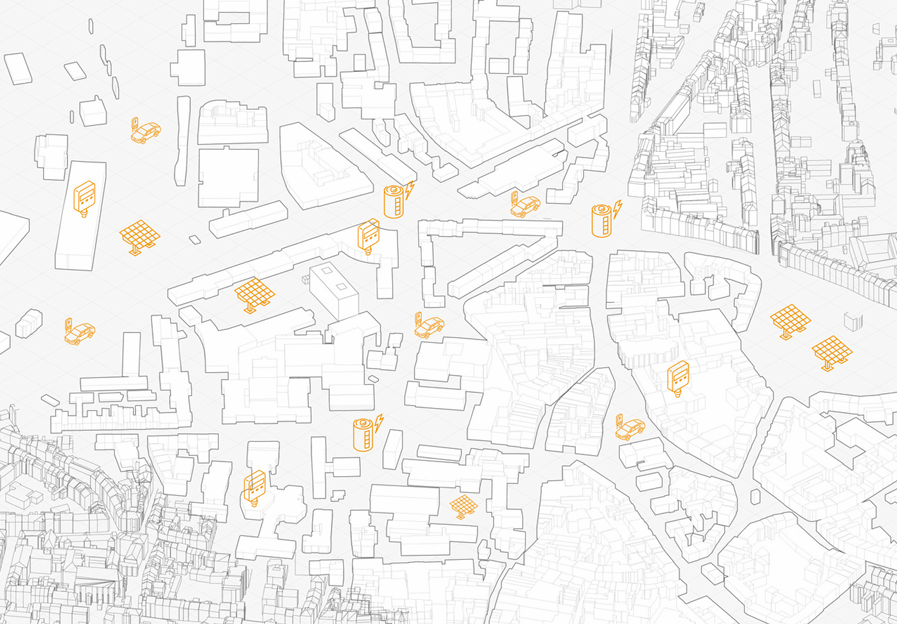DOKORP 2025 presentation by Alper Al
Uses and limitations of digital participation tools to create positive energy districts: A bibliometric literature review
10-12 February 2025

Our Research Associate Alper Al attended the Dortmunder Konferenz (DOKORP) 2025 / “Reasons to plan in times of multiple crises” and presented his research on Positive Energy Districts (PEDs). His study, conducted with Dr. Ceren Sezer, examines the uses and limitations of digital participation tools in fostering Positive Energy Districts, with a focus on university campuses.
The research explores the social, spatial, and technical drivers of PEDs and the role of digital tools in supporting energy transitions in urban environments. Through a bibliometric literature review, the study identifies key topics, research gaps, and interdisciplinary approaches spanning computer science, gamification, energy, urban planning, architecture, and geography.
“With urban communities front and center of climate action, adaptation, and mitigation efforts could support decarbonization in cities whilst creating a more just, equitable, and sustainable future for all.”
– UN-Habitat (2024), World Cities Report 2024
This research is part of the Community Collaboration Laboratory for Sustainable Campus Development (CCLab) at the Chair and Institute for Urban Design and European Urbanism, RWTH Aachen University, and is funded by the German University of Excellence Network Research Grant (2024–2029) (BMBF & MKW).
More about DOKORP 2025